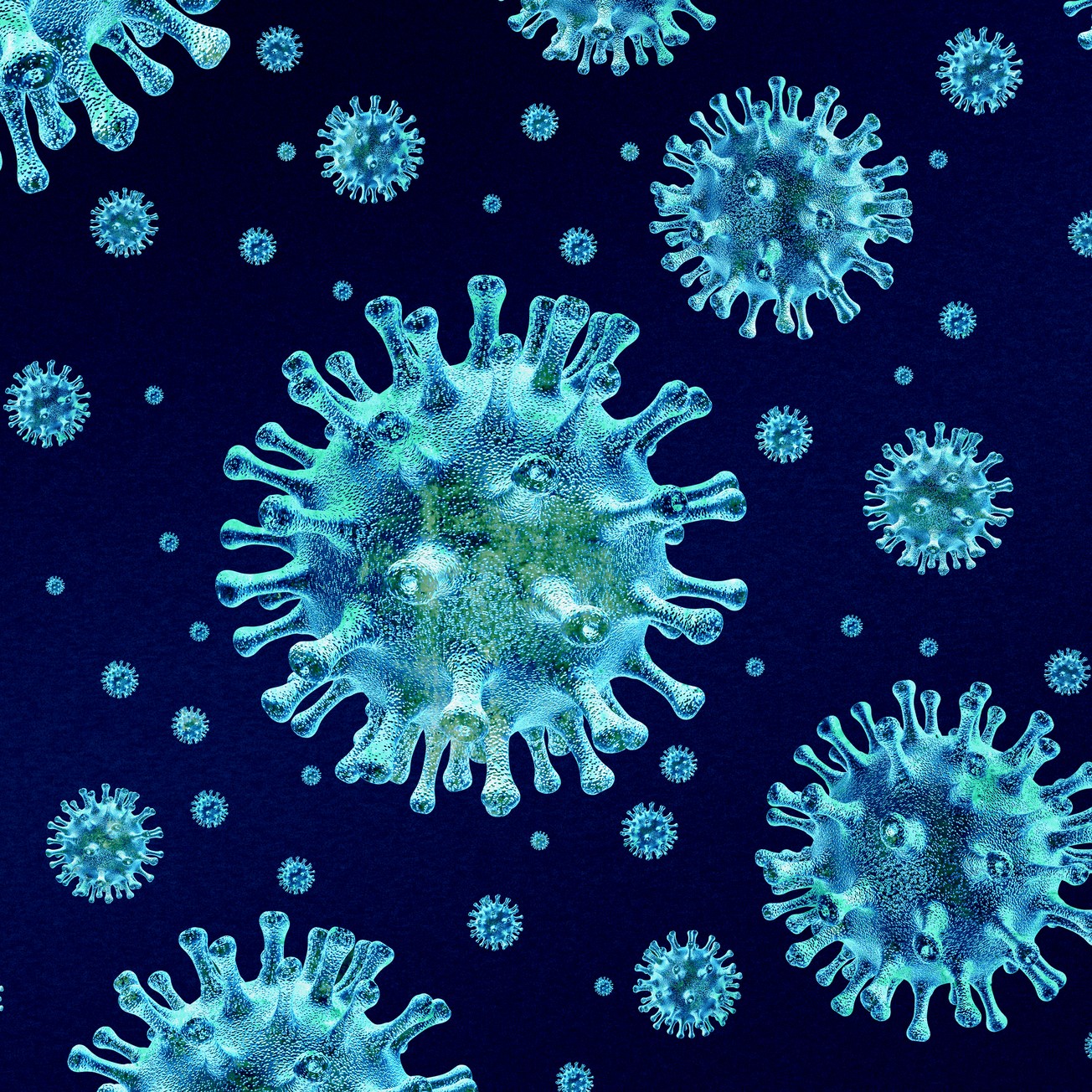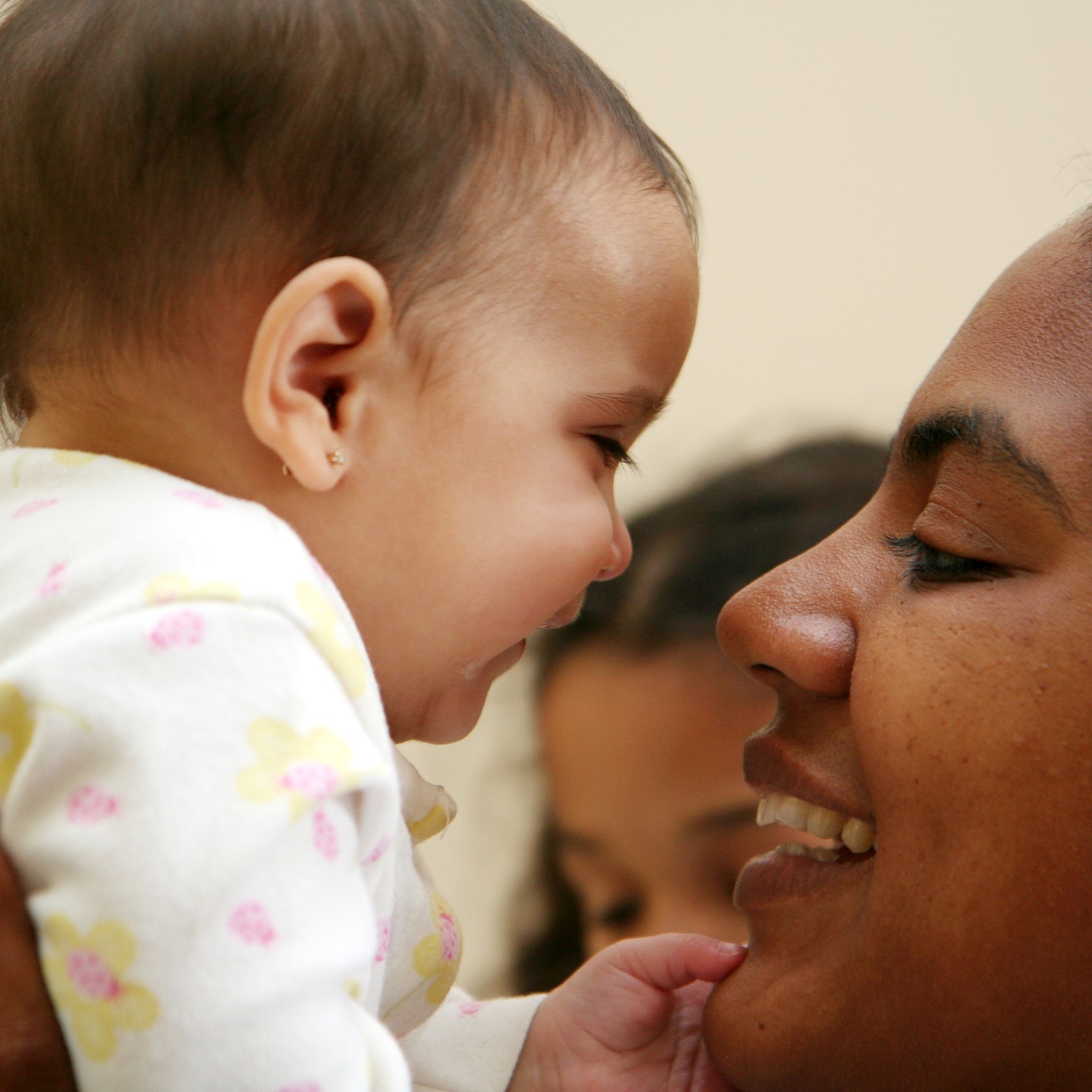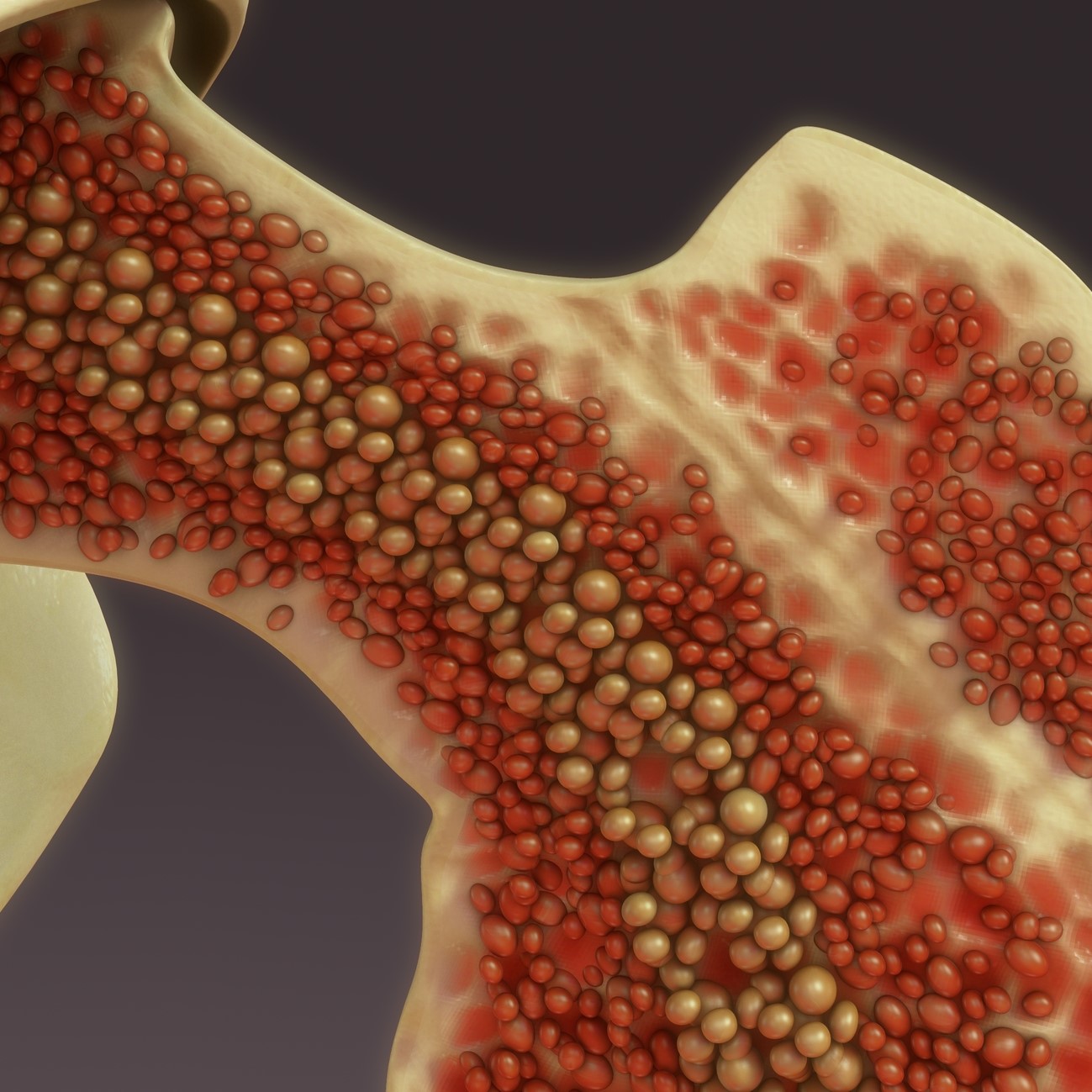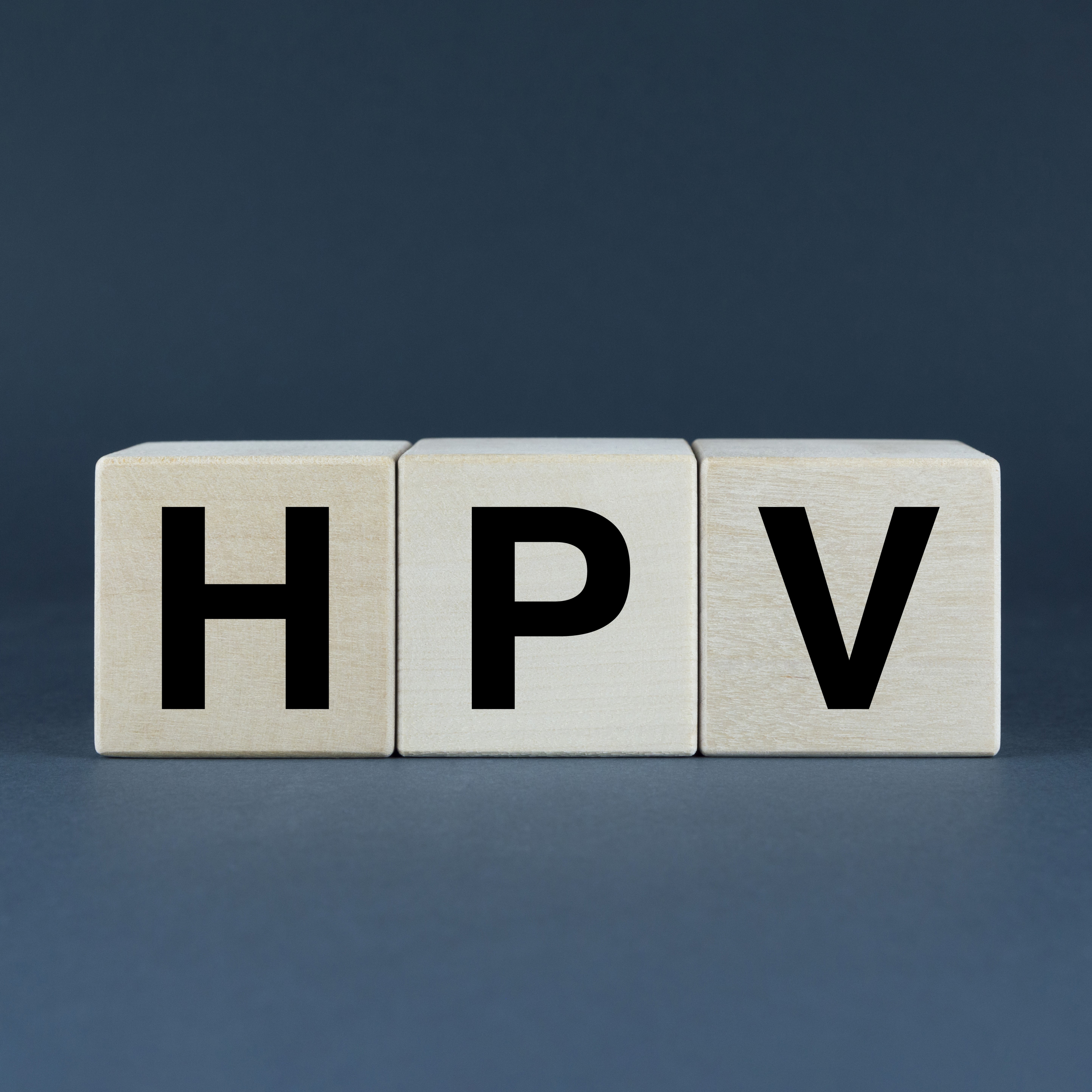Projects
Click or Tap on the projects below to view the project's description.

FluDx Accelerator
Gregory Damhorst, MD, PhD
Project Description: Our vision is to become an Influenza Diagnostics Hub that facilitates the development of successful home or point-of-care flu tests through partnerships with industry and academic test developers, including: sourcing critical current specimens, independent verification activities, and establishing pipelines to regulatory clearance. We will accomplish this by applying our prior experiences with influenza diagnostics into a new influenza diagnostics acceleration program. Are you an influenza assay developer? Help shape this program by completing this survey:
Pre-Screening Survey
Mapping Potential Adverse Outcomes of Consumer Health Wearable Technologies
Deanna Kaplan, PhD (Assistant Professor, Department of Family and Preventive Medicine)
Project Description: This project develops a recommended agenda for empirical research on potential adverse outcomes of consumer health wearables. Domains of focus include individual-level factors that can lead to adverse health outcomes, and adverse outcomes resulting from interactions between these new technologies and healthcare system factors.
Publication
Escape Mutation Profiling (Escape-MaP) for diagnostic antibodies
- Eric Ortlund, PhD (School of Medicine, Department of Biochemistry)
- Filipp Frank, PhD (School of Medicine, Department of Biochemistry)
Project Description: Escape-MaP utilizes a library of all possible SARS-CoV-2 Nucleocapsid mutants in the context of stably folded, full-length protein. This is combined with mammalian surface-display to allow for direct probing of antibody binding to all mutants in a single, high-throughput fluorescence activated cell sorting (FACS) experiment. The resulting data identifies all Nucleocapsid mutations that negatively affect antibody recognition, including any past, present, or future mutations in SARS-CoV-2 variants. We have mapped more than 50 antibodies with linear as well as conformational epitopes and data have been shared with diagnostics companies for use in FDA filings. Reference: Frank et al, Cell (2022); doi: 10.1016/j.cell.2022.08.010
Publication
What's in a Name? Experimental Evidence of Gender Bias in Recommendation Letters Generated by ChatGPT
- Deanna Kaplan
- Nicole Pozzo
- Roman Palitsky
- Morgan Greenleaf
- Santiago J Arconada Alvarez
- Wilbur Lam
Project Description: Artificial intelligence chatbots such as ChatGPT (OpenAI) have garnered excitement about their potential for delegating writing tasks ordinarily performed by humans. Many of these tasks (e.g., writing recommendation letters) have social and professional ramifications, making the potential social biases in ChatGPT's underlying language model a serious concern.
Publication
Bridging the digital divide: Unintended consequences of the rapid shift to home-based telemedicine in pediatrics
- C. Matthew Hawkins, MD (Associate Professor, Department of Radiology and Imaging Sciences)
- Diwas KC, PhD (Associate Professor, Goizueta Business School)
- Paul George, MD (Clinical Fellow, Pediatrics)
Project Description: The objective of the study is to compare sociodemographic characteristics of tertiary-care pediatric telemedicine utilization before and after the initial stages of the pandemic, which drove telemedicine visits into patient's homes and away from community clinics and health centers. These community centers offered digital support for patients, which was no longer available for in-home telemedicine visits. This shift may have inequitably affected certain populations that did not have access to stable wireless connectivity, appropriate electronic equipment, or non-English speaking patients.
Publication
Point-of-care Heparin Assays
- Baebies, Inc.
- Children's ADJUST Lab
Project Description: TBA

PneumoniaCheck
- Georgia Tech Research Corporation
- US Centers for Disease Control and Prevention
Project Description: PneumoniaCheck™ is a device designed to collect aerosols from the lung. Aerosols are collected on a medical-grade microbial filter. Pathogens may be detected on the filter using sensitive advanced Polymerase Chain Reaction (PCR) techniques to identify small amounts of bacterial DNA that is specific to each organism. The ADJUST center is piloting the PneunomiaCheck in several clinical use cases to aid product market fit.

Deep-UV Adequacy Analysis of Bone Marrow Aspirate
- Francisco "Paco" Robles, PhD (Assistant Professor, Department of Biomedical Engineering)
- Children's ADJUST Lab
Project Description: Deep-UV microscopy has the benefit of label/stain-free direct visualization with pseudo-colorization that recapitulates traditional Giemsa staining. The use of this technology for real-time, bed-side adequacy analysis of bone marrow aspirate could potentially hasten the evaluation process for underlying disease and reduce the need for repeated procedures.

Needs Assessment for Point-of-Care HPV Diagnostics
- Rebecca Martin, PhD (Director of the Emory Global Health Institute, Research Professor of Global Health)
- Michael Chung, MD, PhD, MPH (Professor of Global Health, Associate Director of the Emory Global Health Institute)
- Audrey Wang (PhD student, Department of Biomedical Engineering)
Project Description: HPV continues to cause cervical cancer throughout the United States. One barrier to diagnosis continues to be a lack of access to convenient over-the-counter and point-of-care diagnostics. We seek to examine the barriers to availability through the lens of technology, business, regulatory, and underlying feasibility, as well as to apply lessons and tactics learned through the Rapid Acceleration of Diagnostics (RADx) program to distribute millions of convenient COVID-19 tests.
AI/ML in Point-of-care Diagnostics
Project Description: TBA